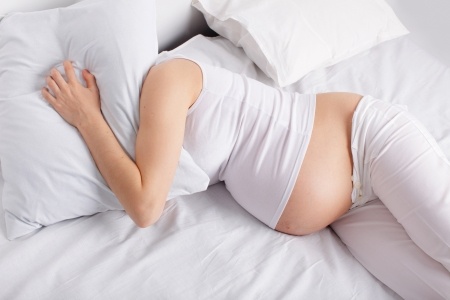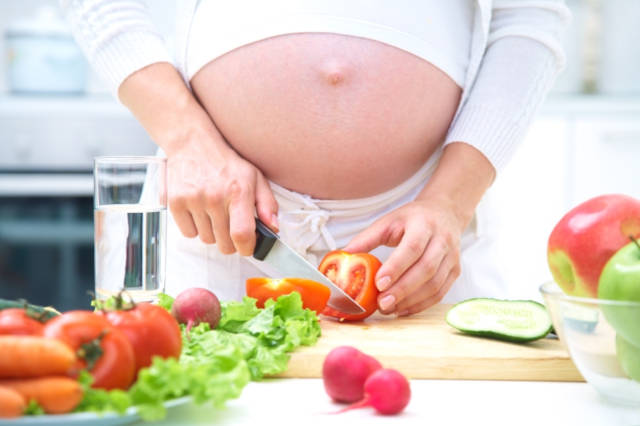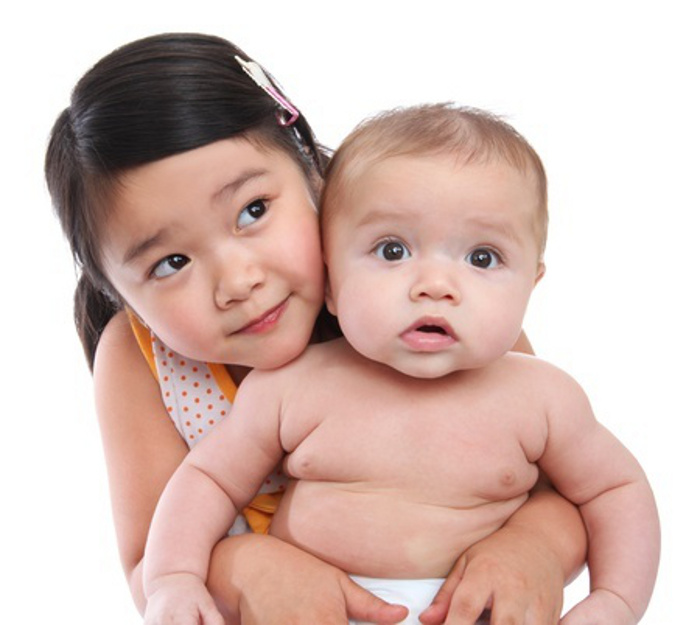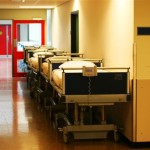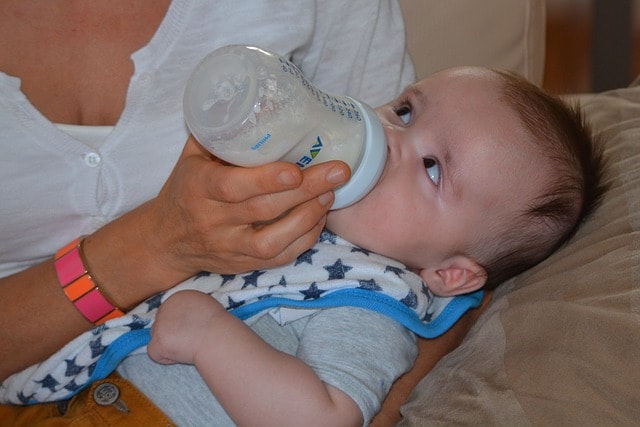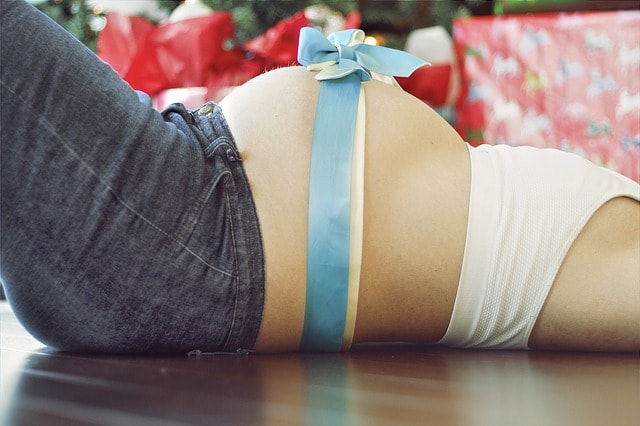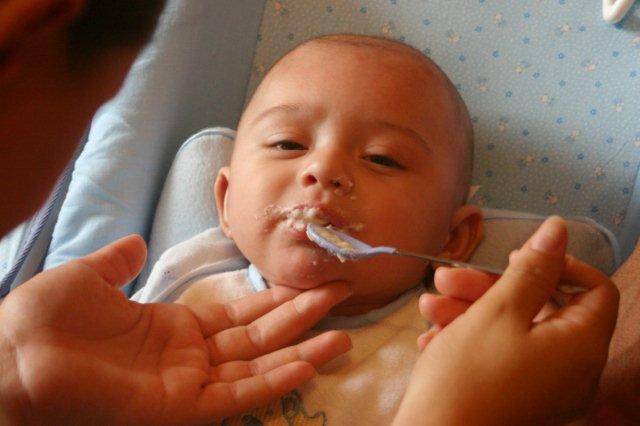Alcohol
Scientific date shows that moderate drinking (one or two drinks a day) has been associated with increased risk of miscarriage, complications during labor and low birth weights. Although there is limited evidence that occasional alcoholic drinks will be detrimental to the fetus, it is best to avoid during the first trimester when organs are forming.
Coffee and other caffeinated drinks
 Image credit: Pexels
Image credit: Pexels
Consuming over 200 mg of caffeine a day reduces the absorption of some essential nutrients and increases the risk of low birth weight and miscarriage. An average cup of coffee contains about 80 mg of caffeine so drinking two cups a day is fine. It would be better to restrict daily intake to four cups of tea, or five cans of cola, or three energy drinks or five bars of chocolate.
➡️ Related Read: Can I Drink Coffee During Pregnancy
Ginseng
There are animal studies suggesting that early exposure to the herbal remedy, Ginseng, is capable of causing malformations in rat embryos. Although studies are not available in human embryos, its use should be limited especially during the first trimester.
Beware of these food-borne infections
There are certain types of infections that are food-borne. They include listeriosis, salmonellosis and less commonly, toxoplasmosis.
Listeriosis
This is an infection caused by a bacterium named Listeria monocytogenes. It can occur in pregnancy and severe infection can result in miscarriage, stillbirth, premature birth, and newborn infections such as meningitis.
Possible sources of listeria include the following:
- Unpasteurized cow’s milk and cheese
- Mold-ripened cheeses, blue-veined cheeses
- Unpasteurized sheep and goats milk and their products
- Pates of all types
- Cooked food chilled for reheating
- Ready-prepared coleslaw
Salmonellosis
The bacterium Salmonella typhi can cause severe diarrheal illness. Salmonella bacteria are hardy organisms and can withstand light cooking. Potential sources include poorly cooked poultry and raw egg. Hence it is important to cook eggs and poultry thoroughly to destroy all traces of infection.

Toxoplasmosis
The organism toxoplasma gondii, can potentially lead to brain damage or blindness in the baby. The organism is carried in the feces of animals, particularly cats, but also present in soil and in raw and undercooked meat and poultry.
By Dr Ben Choey, Specialist in Obstetrics and Gynaecology, SBCC Women’s Clinic (Clementi)
*Update: Dr Ben Choey is no longer with SBCC Women’s Clinic
This article was first published in The New Age Parents e-magazine
* * * * *
Like what you see here? Get parenting tips and stories straight to your inbox! Join our mailing list here.
Want to be heard 👂 and seen 👀 by over 100,000 parents in Singapore? We can help! Leave your contact here and we’ll be in touch.



































